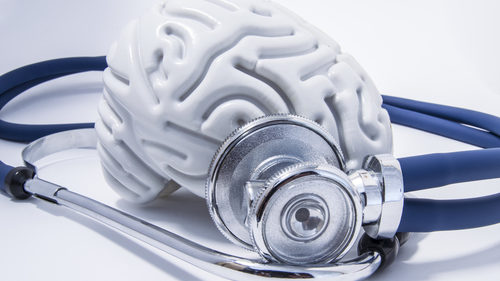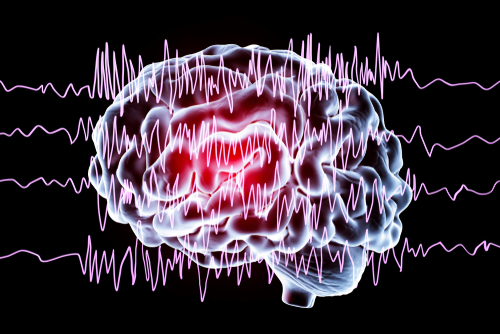Traumatic brain injury (TBI) occurs as a result of sudden damage to the brain caused by a jolt or blow to the head. TBI could lead to a plethora of adverse physiological symptoms, including affecting an individual’s cognitive abilities, such as learning and thinking skills. In order to effectively treat a TBI, it is important to distinguish its severity (e.g. mild or moderate to severe), which is determined by considering a range of factors (e.g. whether the injury caused unconsciousness, the duration of loss of consciousness, severity of symptoms…etc.). There are a variety of treatments that can help an individual recover from a traumatic brain injury. Treatment for TBI can help to reduce, or in some cases eliminate, certain emotional, physical, and/ or cognitive TBI effects. Not only is every individual is different, but each TBI is unique. Hence, effective treatment from a TBI requires a tailored and customized treatment plan. The specifics that make up each individual’s treatment plan (e.g. treatment modalities, treatment setting, duration of treatment, etc.) will be informed by the individual’s nuanced recovery needs, the severity of the injury, and the area of the brain that was injured.
Treatments
Traumatic brain injury treatment is intended to help the brain of individual that has suffered from a TBI re-learn how to self regulate and return to functioning at peak performance. With proper treatment, an individual has the propensity to reach new levels of attention and focus as well as increase his or her strategic thinking abilities. There are a plethora of treatment modalities that could be included in one’s treatment plan. Depending on one’s needs, a TBI treatment plan could include any combination of the following interventions:
- Acute Treatment Options: provided by the Mayo Clinic:
- Emergency Care: when a moderate to severe traumatic brain injury has been sustained emergency care services will focus on stabilizing the individual’s oxygen and blood supply levels, maintaining blood pressure and preventing any further injury to the head and/ or neck.
- Medication: medications can be used in efforts to minimize the development of any secondary brain damage, such as:
- Anti-seizure medications
- Diuretics
- Coma-inducing medications
- Surgery: surgery may be needed so as to limit additional damage to the brain tissue and address the following problems:
- Repairing skull fractures
- Removing clotted blood
- Relieving pressure inside the skull by opening a window in the skull
- Bleeding in the brain
- Post-acute Treatment Options
- TMS (transcranial magnetic stimulation)
- Neurofeedback Biofeedback
- Hormone Evaluation
- Targeted Nutraceuticals
- Psychotherapy
- Integrative Medicine
- Brain Health Nutrition Coaching
- Sleep Coaching
The purpose of individualized treatment plans is to ensure an individual’s medical, emotional, spiritual, and neurological requirements are satisfactorily met. Recovering from a TBI will likely not occur instantaneously, and will require steadfast commitment to the treatment process. Successful treatment will provide an individual with all the necessary tools to cultivate a strong foundation for a meaningful future.
Receive Treatment with Haven House
If you are concerned for yourself or a loved one in regards to substance abuse and/ or addiction we recommend reaching out for help as soon as possible. If left untreated, substance abuse can result in long lasting and potentially life-threatening consequences. Keep in mind: you are not alone! There is an entire network of professionals that are available to help and support you and your loved one throughout the recovery process. The earlier you seek support, the sooner your loved one can return to a happy, healthy, and fulfilling life.
Please do not hesitate to reach out with any questions regarding our specific program at Haven House Addiction Treatment and/ or general substance abuse and/ or addiction treatment related information. Our highly trained staff is readily available to discuss how we might best be able to help you and your loved one. We can be reached by phone at 424-258-6792. You are also welcome to contact anytime us via email at admissions@hhtxc.com.



